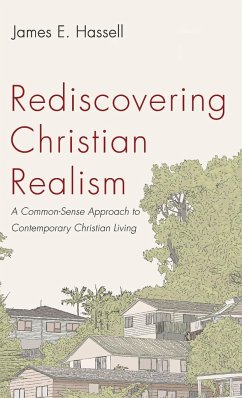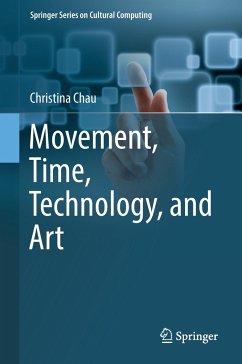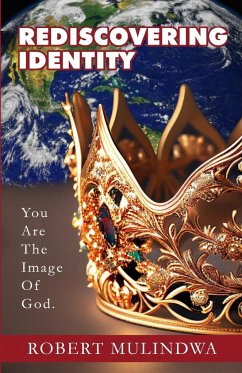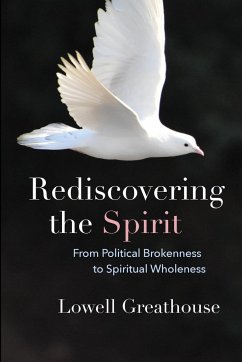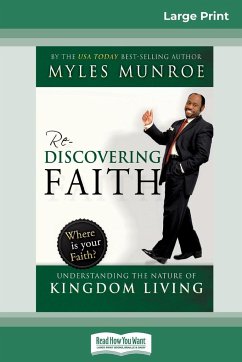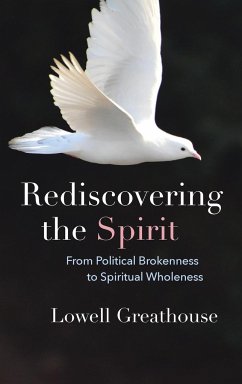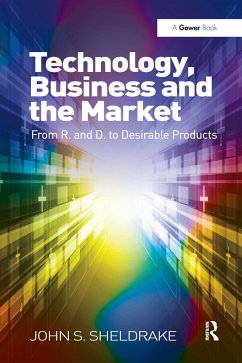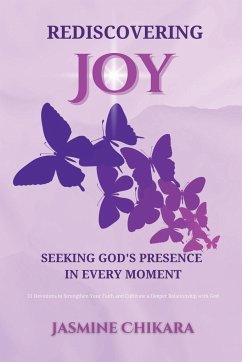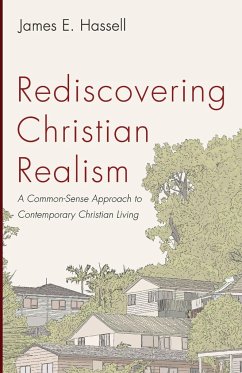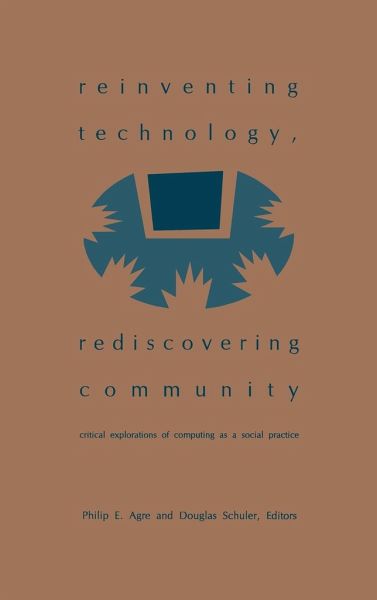
Reinventing Technology, Rediscovering Community
Critical Explorations of Computing as a Social Practice
Herausgeber: Agre, Philip E.; Schuler, Douglas
Versandkostenfrei!
Versandfertig in 1-2 Wochen
88,99 €
inkl. MwSt.

PAYBACK Punkte
44 °P sammeln!
This book addresses how computers affect people's everyday lives. Using actual situations and problems that people have encountered with current software applications, this book offers academics ways to examine how new situations are created through computer use. It contains some of the very first papers on very important topics including the AEGIS disaster, the intriguing new world of MUD environments, and community networks, including a study of Community Memory in Berkeley, possibly the world's first community computer system. The first half contains critical studies, in which the authors e...
This book addresses how computers affect people's everyday lives. Using actual situations and problems that people have encountered with current software applications, this book offers academics ways to examine how new situations are created through computer use. It contains some of the very first papers on very important topics including the AEGIS disaster, the intriguing new world of MUD environments, and community networks, including a study of Community Memory in Berkeley, possibly the world's first community computer system. The first half contains critical studies, in which the authors explain ways of describing real situations where people are already using computers. This situations are often problematic and much more complicated than the scenarios that the designers envisioned when designing the system. The second half of the book contains constructive studies, reporting experiences in trying to build systems in new ways, with a fully developed consciousness of what people need and the interactions between computer systems and social systems.





